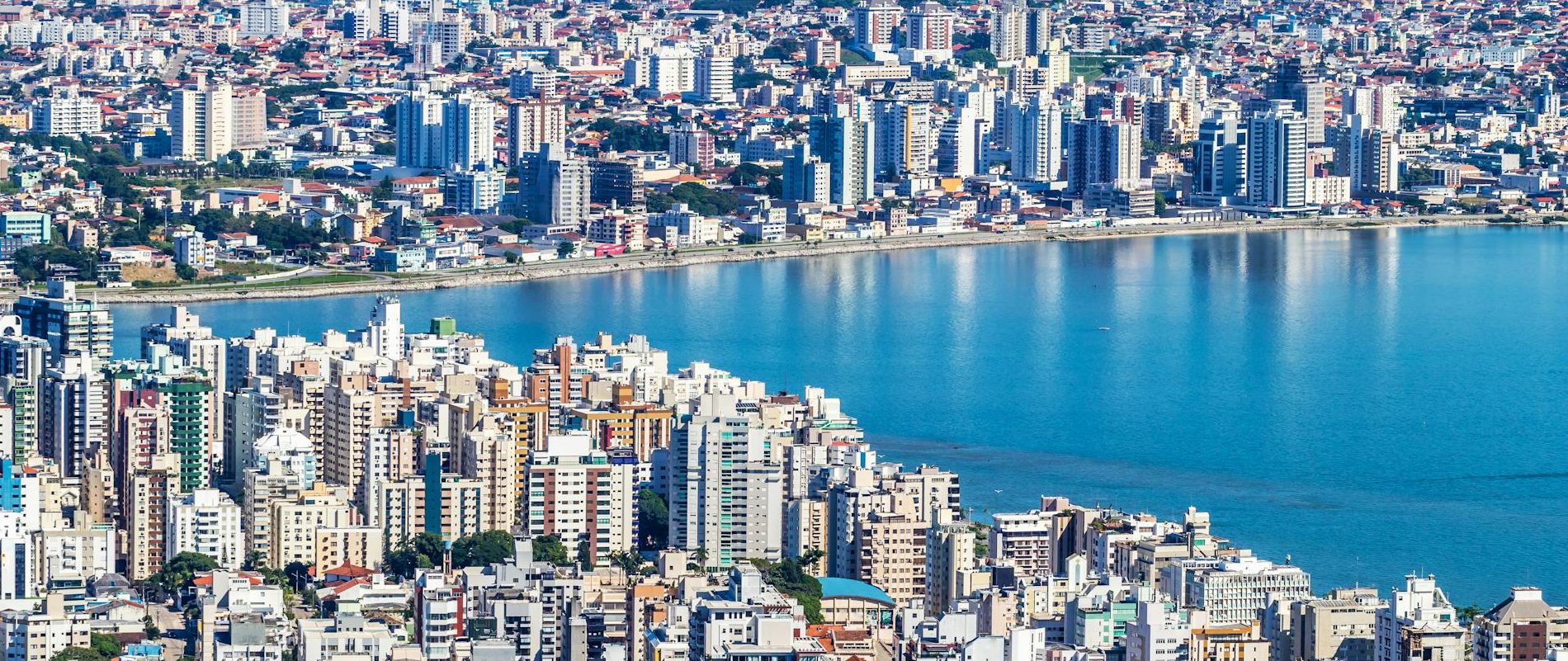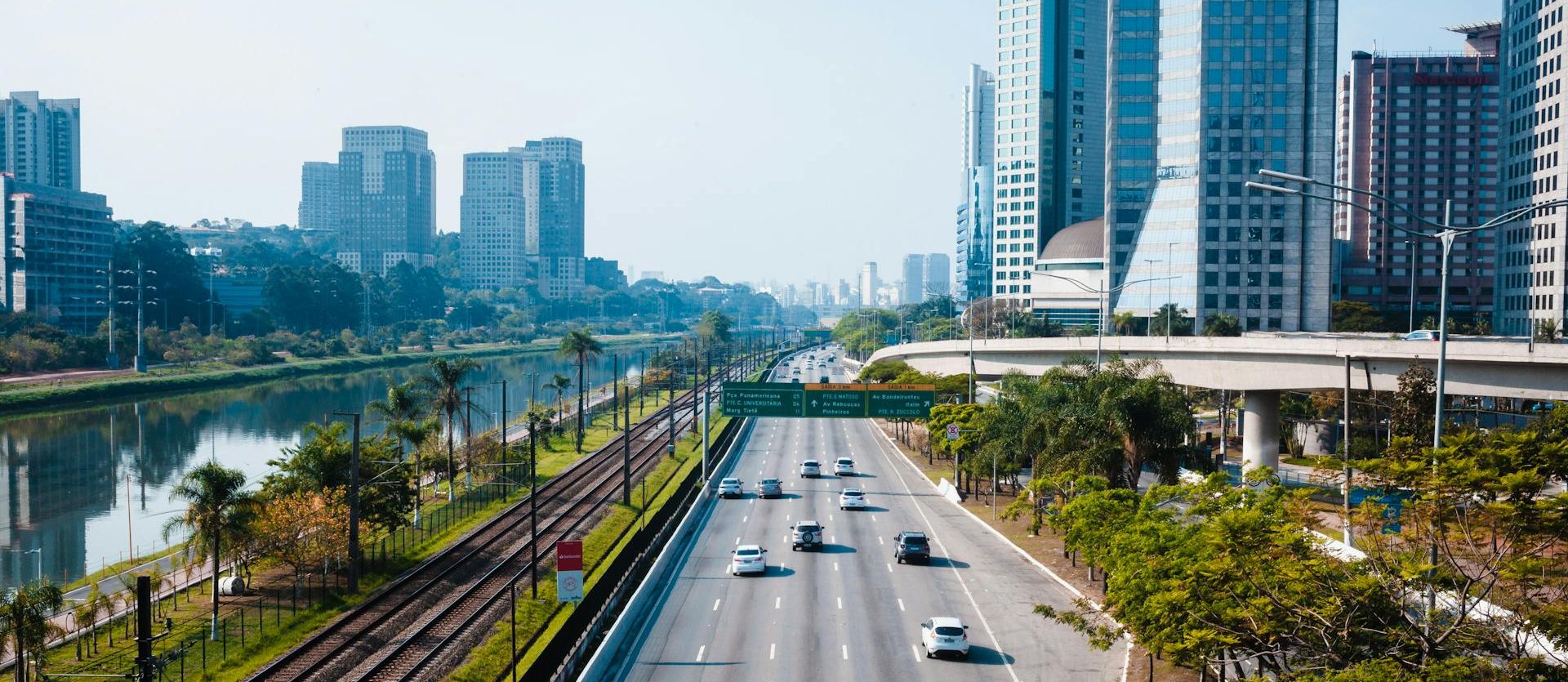
Moving to Brazil is exciting, but understanding the local communication style is crucial for settling your way to integration. Brazil’s communication style is a unique blend of warmth, informality, and indirectness, quite different from many European cultures.
Portuguese is Brazil’s official language, spoken by over 98% of the population. While Spanish and Portuguese share some similarities, they are distinct languages. Many people confuse the official language and ask, “Why is Brazil the only country that doesn’t speak Spanish?” This is a historical quirk. Brazil was a Portuguese colony, while most of South America was colonised by Spain.
Brazil is a vast and diverse country with significant regional variations in communication styles. Here are some key differences and styles of communication in various regions of Brazil:
Directness, Formality and Expressiveness: People in São Paulo and Rio de Janeiro tend to communicate more directly. They often get to the point quickly in business settings. In São Paulo, particularly in business contexts, communication can be formal. Titles and last names are commonly used until a closer relationship is established. Cariocas are known for their expressiveness, sense of humour and use of body language. Their communication style is generally more informal and relaxed. A very important thing: If you’re in Rio you’ll say “biscoito” (biscuits, a lot like British, right?), however, if you’re in São Paulo they call biscuits “bolachas”, well, it’s a matter of choice. But, let’s be honest, “biscoito” sounds so much better.
Formality, directness and reserveness: The South is known for a more formal communication style, especially in business. People often use polite language and show respect for hierarchy. Communication tends to be more direct than the North and Northeast, with a clear and concise exchange of information. People in the South can be more reserved and less expressive than in other regions. They value privacy and may take longer to open up.
Warmth and friendliness, indirectness and expressiveness: Northeasterners are known for their warm and friendly communication style. They often use humour and storytelling in their interactions. Communication can be more indirect, with a tendency to avoid confrontation and maintain harmony. People often use euphemisms and subtle hints. There is a high level of expressiveness, with frequent use of gestures and body language to convey meaning.
Informality, patience and community Focus: Communication in the North tends to be informal and relaxed. People are generally open and approachable. Northerners are known for their patience and may take longer to discuss topics in detail. They appreciate taking the time to build relationships. A strong emphasis on community and family is reflected in how people communicate. Group discussions and consensus are valued.
Combination of styles, formality, directness and indirectness: The Central-West region exhibits a mix of communication styles from different parts of Brazil due to its diverse population. Brasília, the capital, attracts people from all over the country. In Brasília, the political and administrative centre, communication can be formal, especially in professional settings. You might encounter both direct and indirect communication styles depending on the context and the people involved.
First of all, personal space depends a lot, especially regarding the level of friendship. You won’t see strangers being too close while talking on the streets. It’s a matter of respecting boundaries and being able to read the room before anything. Scenarios where you already have a higher level of proximity allow a more relaxed and closer to each other conversation. Brazil is way more open about that than people from other cultures. Be careful with touching, though; even an innocent touch on the shoulder is better if consent is given beforehand. Other than that, the usual greetings, two or one kiss on the cheek, plus handshakes, are pretty standard. The language spoken is Brazilian Portuguese, with soothing and beautiful accents that vary greatly depending on the city you will live in. For the pace, you can wait for extraordinarily dynamic, full of gestures, with a bit of interruption and overlapping. These last two can vary depending on the time and environment and are most commonly used among friends and family.
Here’s a breakdown of key differences to keep in mind. Brazilians are more informal in their communication than some Europeans. What is the communication style in Brazil? It’s characterised by using first names, nicknames, and friendly banter. The indirectiness is also a strong aspect, Brazilians often avoid saying “no” directly to preserve harmony. They might use phrases like “talvez” (perhaps) or “vamos ver” (let’s see). And if a Carioca (citizens born in the Rio de Janeiro’s capital), says “vamos marcar”, you must know that the date will probaly never happen, it’s a code for “yes, I don’t want to go, but also don’t feel like being rude to you”. So, if you want to meet someone, set the date immediately; if they say yes, it will most likely happen. Regarding emotional expression, we Brazilians are expressive and animated communicators. We make a lot of gestures, facial expressions, and changes in tone to convey meaning. This could be extra difficult for non-Portuguese speakers because often, a lot will be said between words. We communicate through sounds, stares, interjections and some unofficial “onomatopoesis” that can sometimes mean entire sentences.
While basic Portuguese is helpful, it’s not essential for a short visit. Let’s say it becomes indispensable if you think of a longer stay. Many Brazilians, particularly in tourist areas, understand some English. However, learning Portuguese and integrating into the culture are highly recommended for everyday life. But not only for the mere banal things of everyday life. Learning Brazillian Portuguese means enjoying and understanding music masters such as Cazuza, Caetano Veloso, Maria Bethania, Chico Buarque, Djavan and many more. You can choose among a plethora of masterpieces to improve your learning by consuming Brazilian literature and cinema and going to plays. The culture will be your best ally.
Understanding the communication style in Brazil will ease your transition and help you build positive relationships with your new neighbours. By learning key phrases, respecting local customs, and planning your move meticulously, you can ensure a smooth and successful relocation to Brazil. While communication style is essential, there’s more to consider when moving. Here are some additional tips:
We hope our tips and advice help you navigate until you reach fluency. We wish you luck and a very happy life in Brazil. Falou? Até mais!
 What is Expat Guilt? Emotional Challenges of Living Abroad
What is Expat Guilt? Emotional Challenges of Living AbroadWhat is Expat Guilt? Emotional Challenges of Living Abroad Moving to Brazil from the UK y is a…
 Best Paid Jobs in Brazil: A Dive Into the Popular Professions
Best Paid Jobs in Brazil: A Dive Into the Popular ProfessionsBest Paid Jobs in Brazil: A Dive into The Popular Professions Welcome to our dive into Brazil's job…
 World of Brazilian Education: A Journey Through Learning and Culture
World of Brazilian Education: A Journey Through Learning and CultureWorld of Brazilian Education: A Journey Through Learning and Culture First things first, let's chat about the basics.…
 Getting Your Way to the Brazilian Driver’s License and Road Rules
Getting Your Way to the Brazilian Driver’s License and Road RulesGetting Your Way to the Brazilian Driver's License and Road Rules Brazil is a federative republic composed of…